Current Students
The Education Policy program prepares students for their careers as policy analysts, policy advocates, and education researchers. As you read through our website and evaluate if this program is a good match for you, consider the perspectives of our current students and alumni.
Meet Our Doctoral Students
No profiles to view at this time. Go to full listing of doctoral student profiles.
We are delighted to announce the launch of our new online profiles for Doctoral Students at Teachers College.
If you are a currently enrolled doctoral student at Teachers College, please visit the profile submission page for more information on how you can create your own profile.
M.A. in Education Policy
Sarah Anwar
Specialization: K-12 Education Policy
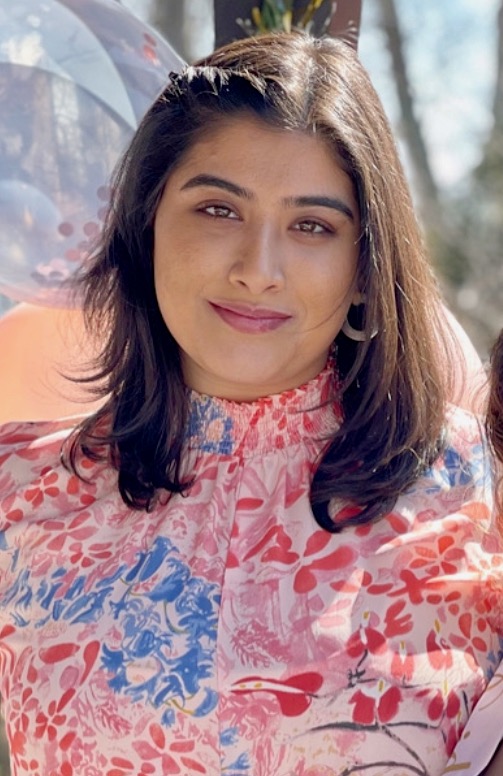
B.A. in Economics, Hunter College, City University of New York, 2016
M.S. in Education, Long Island University-Brooklyn, 2019
As native New Yorker and product of the public education system, Sarah decided to give back to her community and public schools by serving in one as a special education teacher. Witnessing the clear segregation between general education students and students with disabilities while being a student herself, Sarah wanted to work close with these marginalized groups and help instill self-advocacy skills in her students. Serving in her school’s Restorative Justice Team, Student Council, School Leadership Team, as well as promoting cultural pride in her school, Sarah wishes to establish social and educational equity. By furthering her education in research methods and policy analysis at Teachers College, Columbia University, Sarah’s main goal is to serve as a voice for marginalized groups in public schools in the hopes that they will be better served.
Ghipsel Cibrian
Specialization: Data Analysis and Research Methods
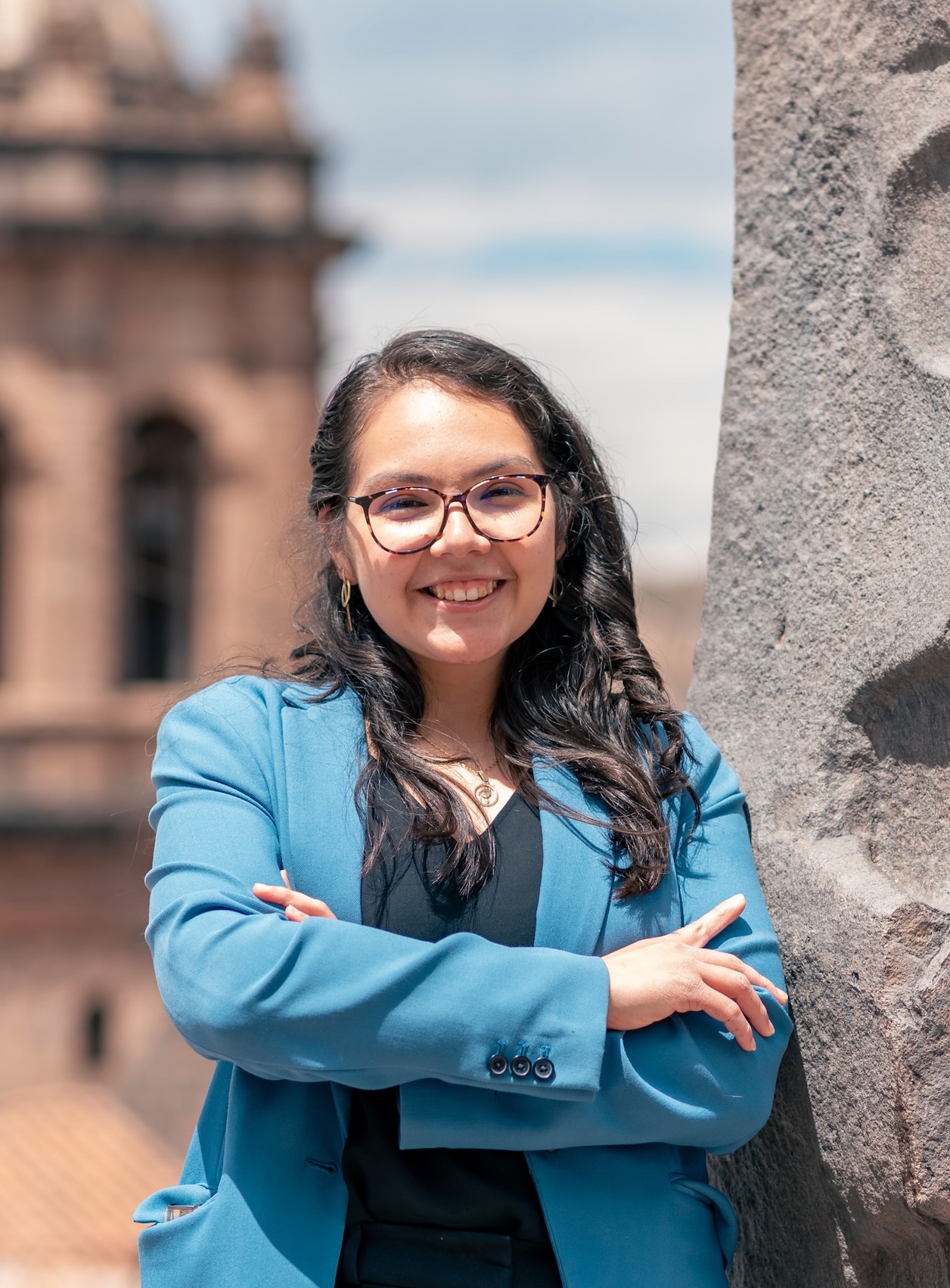
B.A. in Government, Georgetown University.
Working with Fe y Alegria schools in Peru and Partnership Schools in Harlem, the Bronx and Cleveland, Ohio changed the private school narrative for Ghipsel; the low-income non-public schools sparked Ghipsel’s interest in school choice. Ghipsel is focused on understanding the systems and processes that impact public funding for non-public schools and how these expand or constrict communities' education options.
Ghipsel spent over two and a half years observing classrooms, developing teacher and student workshops, and organizing school community events as part of Fe y Alegria, a non-profit school network in Peru advancing a larger popular education movement in Latin America. The rural communities of Quispicanchi, Peru posed a question for Ghipsel - where are the schools that would serve their community? The constraints on education access for students in Quispicanchi initiated Ghipsel’s commitment to working towards providing for all a quality education of their choice.
Committed to supporting non-public schools, Ghipsel joined Partnership Schools, a network of independent Catholic schools in New York and Cleveland, Ohio. Ghipsel supported the network’s growth over the course of four years; first when Partnership Schools adopted its seventh school in New York, followed by its growth to a national network by adopting additional schools in Cleveland, Ohio. Ghipsel began to notice the impact of state policies in non-public school funding and how these in turn enable student’s educational opportunities. Through her experience at Partnership Schools, Ghipsel used data to inform the network’s decision-making process and leaned into school leaders to understand the full story.
Ghipsel is continuing her education as a Teachers College Education Policy master’s student, pursuing the intersection of non-public schools and how data informs policy and program processes impacting an individuals’ choice on a quality education.
Alex Dworetzky
Specialization: K-12 Education Policy
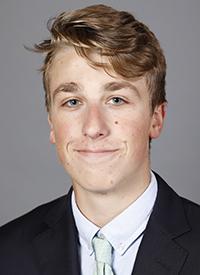
B.A. cum laude in American Studies - Cornell University, 2023
Alex Dworetzky is a first-year M.A. student in the Education Policy program at Teachers College, Columbia University. Early in Alex’s career as an American Studies major at Cornell University, he was profoundly influenced by a course on education policy. The course brought together many of his personal and intellectual interests – inequity, racism, social justice, and educational opportunity. Having spent his formative years in San Francisco – where housing insecurity is as prevalent as anywhere else in the United States – left him troubled by the pervasive homelessness in this country and curious about how school-aged children are affected. For his final education policy course project, he wrote and produced a podcast on educational policies affecting students experiencing housing insecurity during the COVID-19 pandemic. As a result of this project, he knew he wanted to study this topic more deeply and actively sought opportunities.
Alex’s interests drove him to secure a research fellowship with a non-profit in the Bay Area called Tipping Point Community. He researched programs for the homeless and housing insecure within different communities and statewide efforts to privatize social services for those in unstable housing situations. He conducted a comprehensive literature review of the studies on statewide social service efforts to address homelessness and their effectiveness and challenges. After the fellowship, he recommended best practices to Tipping Point executives and board members based on his research.
Having completed several projects and papers on education, social justice, inequity, and housing insecurity over the past couple of years, including his capstone project on squatters as a force of rebellion in authoritarian regimes, Alex is excited to start this academic and professional study of educational inequity, opportunity, and schooling for social justice. He wishes to deepen and expand his understanding of inequity and issues surrounding homeless and housing-insecure youth. He hopes to study policymaking to focus on educational policies that help (or harm) families and students within educational structures. Ultimately, he wants to focus his research and teaching on social injustice, educational policy, and students struggling with housing insecurity.
Alex’s primary goal in obtaining an M.A. in Education Policy at Teachers College is to position himself to be of service and to help as many children as possible grow up healthy and able to become well-educated, critical thinkers. Alex is passionate about becoming a powerful advocate for high-quality, equitable education for all. He wants to become a transformative policy actor and advocate for change through collaborative work with non-profit, educational, and community organizations. He relishes digging deeper into the study and development of education policy affecting those living in poverty and experiencing educational inequity, including but not limited to the housing-insecure and homeless school-aged population.
Emily Glovin
Specialization: K-12 Education Policy
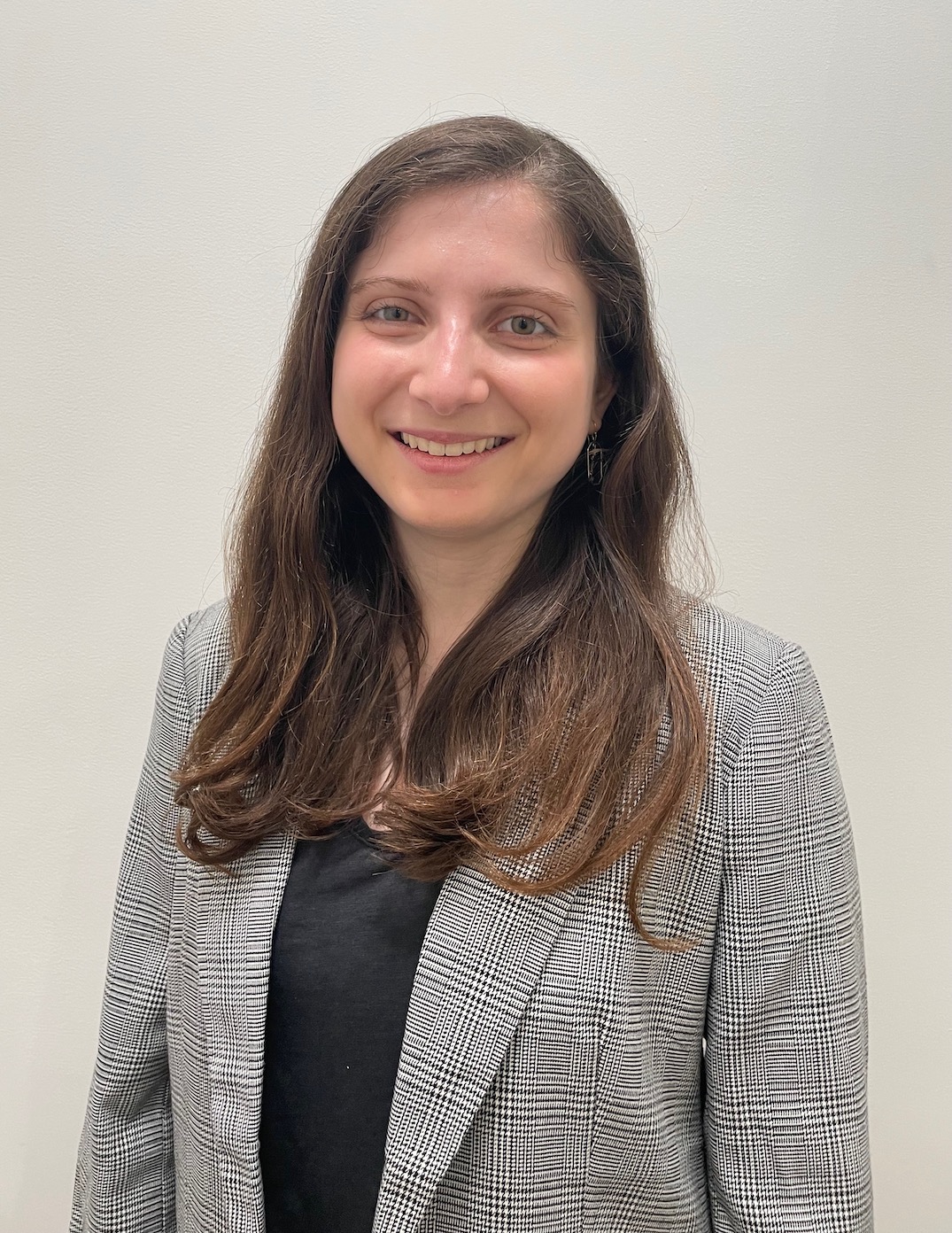
Emily is a second-year student in the Education Policy program, specializing in K-12 Education Policy. She was born and raised in New York City, and it was her experience navigating the city's public school system that first fueled her interest in education. The disparities within and between New York's public schools were evident. This inspired Emily's commitment to creating equitable schools that help students thrive in and outside the classroom.
After graduating from Brandeis University, Emily taught middle school English for three years in Nashville, Tennessee and in the Inwood neighborhood of Manhattan. Her experience in the classroom taught her the importance of policies that are grounded in and informed by the daily experiences of teachers, students, and administrators. As a teacher during the COVID-19 pandemic, Emily saw the learning loss experienced by students, as well as the immense creativity of teachers who created connected spaces in a virtual environment. The challenges during this time reinforced the necessity of meaningful, targeted investments that support the public education sector.
Currently, Emily works as a Graduate Research Assistant alongside Dr. Amra Sabic-El-Rayess, planning and implementing Project Belonging, a program that equips middle and high school students with the knowledge and leadership skills to combat hate and violence in school settings. She is interested in policies that recruit and retain high-quality teachers, particularly within the charter sector, and efforts such as New York City's Community School Initiative, which provide culturally-responsive wraparound supports for students.
Ericka Hill
Specialization: Early Childhood Education Policy
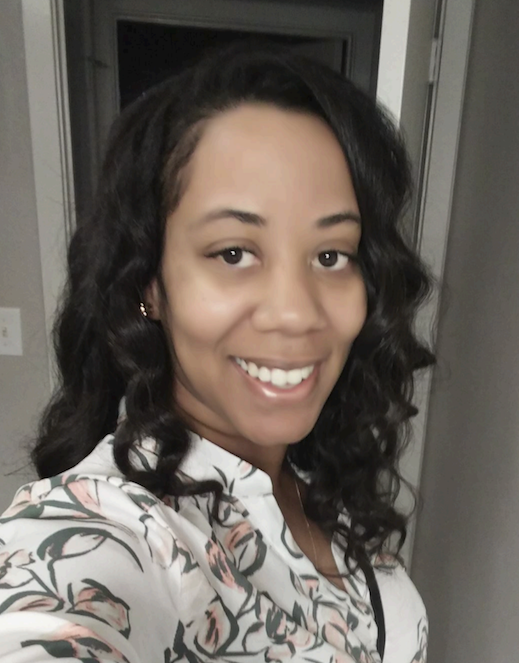
B.S in Psychology, minor in Family Studies from Boise State University 2015
M.S in Child and Family Studies from University of Tennessee, Knoxville 2017
Ericka was born and raised in Los Angeles, California; where her passion to support the education and care of children, their families, and broader community began. While earning her degrees, she worked as an Early Childhood Educator, Researcher, Mentor, and Liaison in many Early Childhood Education settings (ie. early childhood education (ECE) programs, K-12 schools, non-profit organizations, university institutions, and a state agency). She believes in supporting children holistically, which often includes partnering with their families, peers, and other community members.
As a Masters student in Education Policy at Teachers College, Ericka hopes to deepen her understanding of ECE and the disconnect between policy and practice, especially among underserved communities. She is committed to supporting and advocating for initiatives that provide high quality education and care for all children. Her life long goal is to be apart of US and international tables collaborating to improve child development and family services worldwide.
Lorenzo L. Johnson Jr.
Specialization: Data Analysis and Research Methods
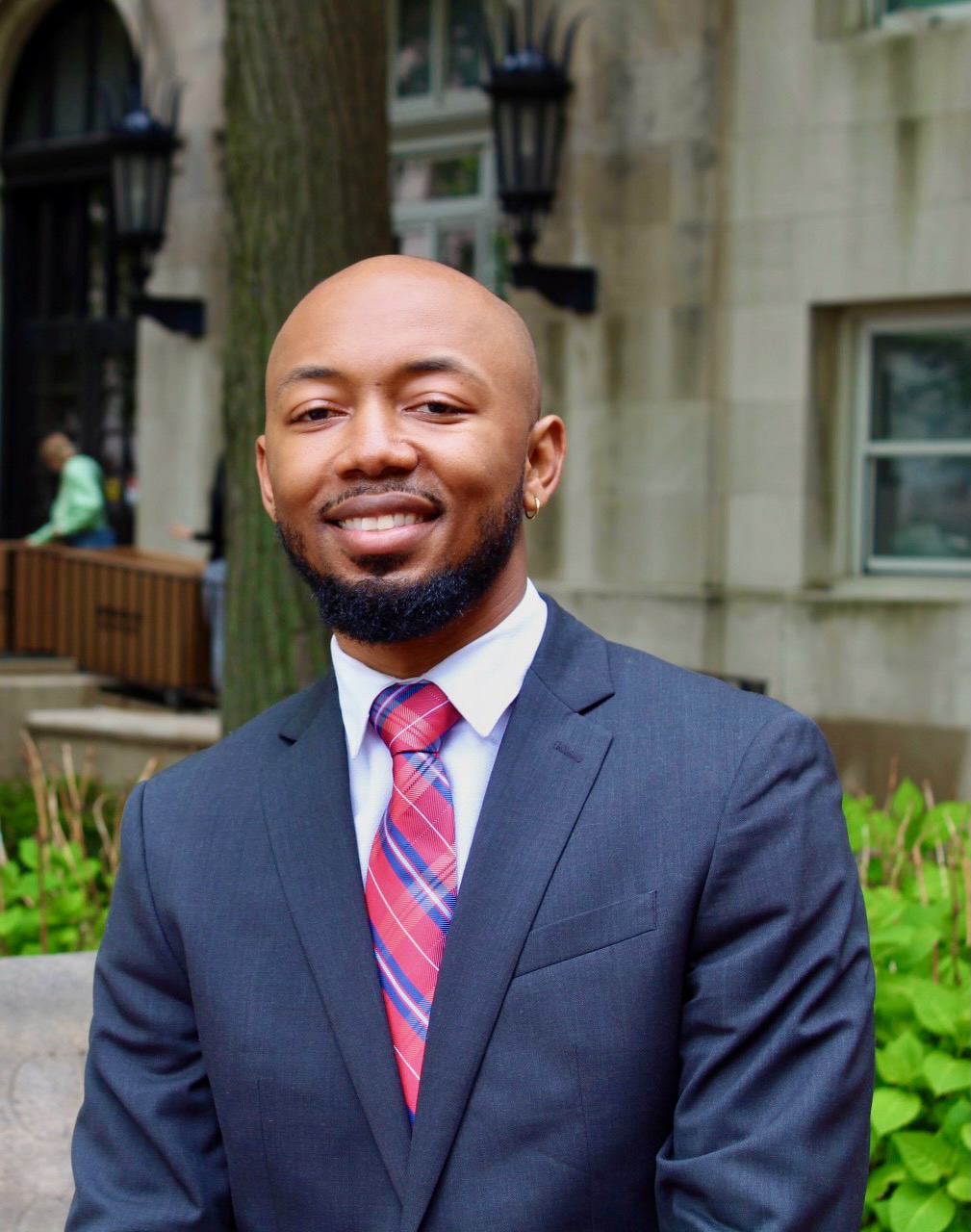
B.S. in Literacy, Learning, and Leadership – University of Arizona, 2014
M.S.Ed in Educational Leadership – Indiana University Bloomington, 2017
Certificate in Education Law – Indiana University Bloomington, 2017
Lorenzo Johnson, Jr. is an M.A. student in the Education Policy program at Teachers College, Columbia University. Since 2017, Lorenzo has had the privilege of serving as an elementary mathematics teacher, first in New Orleans and now in Harlem. During his time in the classroom, Lorenzo's mission was the creation of a solid classroom culture to facilitate each scholar's growth and holistic development. Lorenzo implemented various initiatives to improve classroom culture, including practicing daily mindfulness, encouraging student self-advocacy, and providing representation from varied identities and careers that paralleled the diverse communities he served. Lorenzo wholeheartedly believes that the dedication and confidence he encouraged correlated to scholars scoring 15-20% higher on end-of-unit assessments amidst a pandemic. Lorenzo has been nominated for the 'Think Like A Champion' award for the past two years within the KNOS Network for his curiosity and desire to continue to evolve as an educator. In the Summer of 2022, Lorenzo was selected to participate in the Urban Leaders Fellowship, where he synthesized research and relevant information to inform policy recommendations for the Orleans Parish School District (New Orleans, LA) to address the insufficiency of the existing funding formula used for the early childhood education ecosystem.
Lorenzo’s primary goal in obtaining an M.A. in Education Policy at Teachers College is to reshape the very policies that have impacted the educational system using his professional and personal experiences. Not only is he passionate about each student’s academic achievement, but he is also even more motivated by the journey that comes from self-actualization. Lorenzo is interested in each student’s access to educational opportunities both within and outside of the classroom, the viewpoints of education for black boys, better schooling practices for marginalized students, increased compensation packages for educators, and ways to maximize student advocacy in schools. Lorenzo plans to use his mantra of being unstoppable as the foundation to venturing into policymaking and ultimately becoming a transformative educational leader.
Carrie Mannino
Specialization: Law and Education
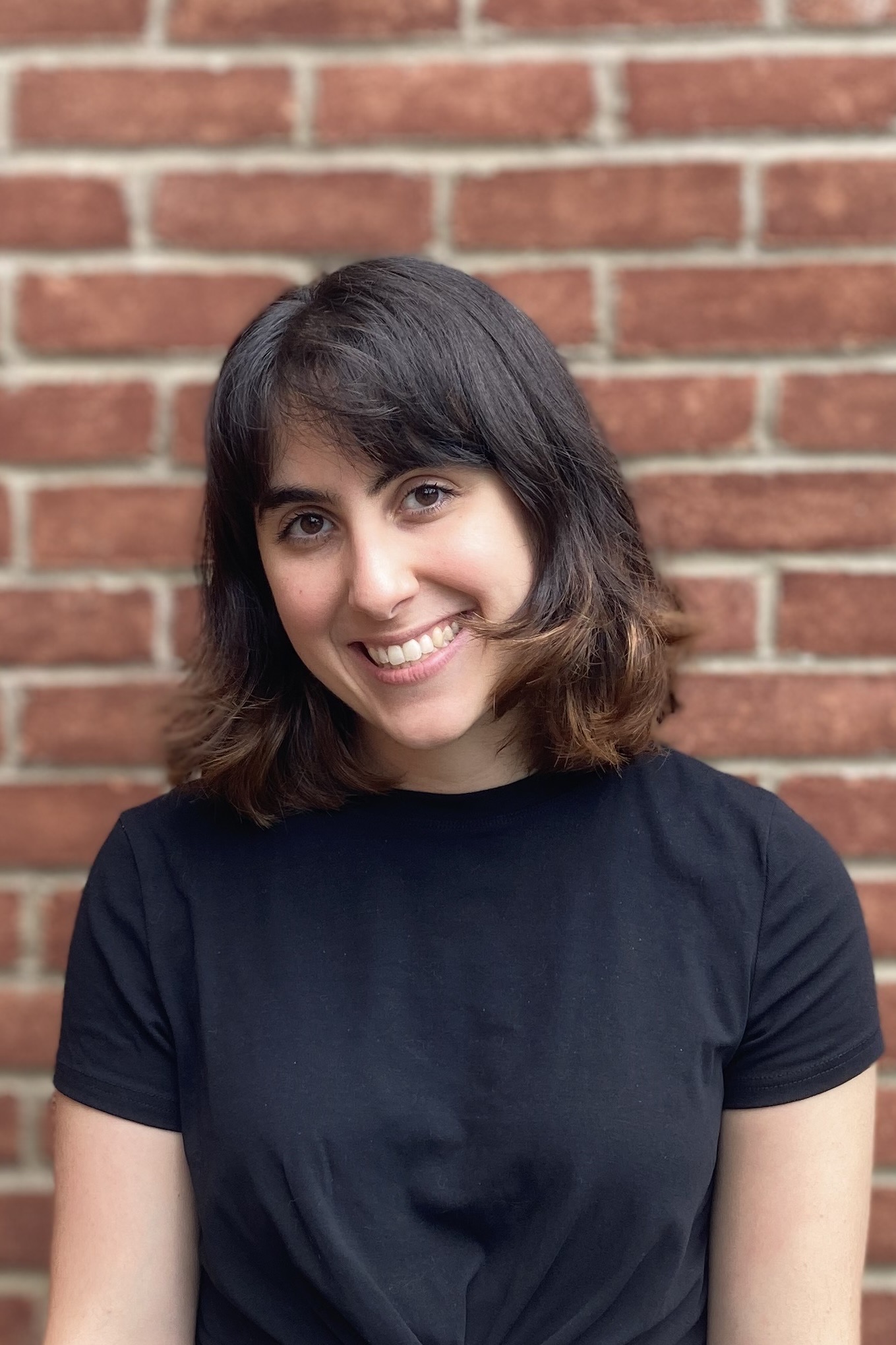
B.A. in English with distinction and Certificate in Education Studies, Yale University, 2020
Carrie is a second-year student in the Education Policy program, specializing in Law and Education. She grew up in Pittsburgh, PA, and has always been interested in education and working with children. As an undergraduate at Yale, she was accepted into the Education Studies program, through which she took classes, attended events, and conducted fieldwork. Graduating into the COVID-19 pandemic, which emphasized the need for change in the education field, Carrie decided to pursue education policy and law. She is passionate about educational equity and student rights.
Carrie works as a research assistant at the Center for Educational Equity at Teachers College, where she focuses on civics education, opportunity, and assessment in the United States. She previously worked as a paralegal at the law firm Paul, Weiss, Rifkind, Wharton & Garrison LLP; as a tutor in her hometown of Pittsburgh, PA; and as an Editorial Assistant in the Education Solutions department of Scholastic. She hopes to pursue law school after completing her Master’s degree.
Hanna Nichols
Specialization: Data Analysis and Research Methods
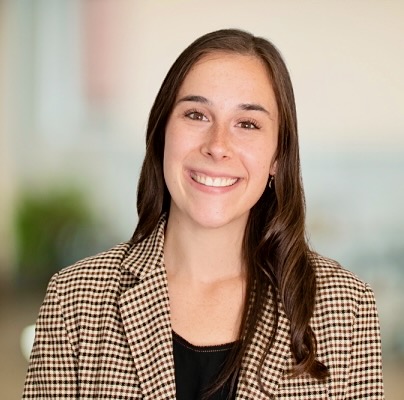
B.A. in Policy Studies and Citizenship & Civic Engagement, Syracuse University, 2020
M.A.T. in Childhood Education Grades 1-6, Relay Graduate School of Education, 2022
Hanna is a second-year master's student in the education policy program, specializing in data analysis & research methods. During her undergraduate career at Syracuse University, Hanna served as a Literacy Corps tutor in the Syracuse City School District and as an afterschool Girls Who Code program facilitator. These experiences, coupled with her coursework in public policy, sparked Hanna's interest in education policy and a passion for fighting for educational equity for all children.
After receiving her B.A., Hanna served as a 2nd Grade Co-Teacher at a charter school in East Flatbush, Brooklyn and received her M.A.T. in Childhood Education Grades 1-6 from the Relay Graduate School of Education. After teaching for two years, Hanna began the education policy program at Teachers College to apply what she learned in the classroom to the field.
During her time at Teachers College, Hanna has served as a Research Assistant at the Community College Research Center (CCRC) on their multiple measures assessment project. In this position, Hanna conducted qualitative data collection, coding, and analysis and is assisting with writing a practitioner-facing research brief. During Summer 2023, Hanna served as a Summer Associate at the Center for Public Research and Leadership (CPRL) at Columbia Law School. In this role, Hanna supported program evaluation, client-facing event planning, qualitative coding and analysis, and final report writing.
After the completion of her master's degree, Hanna wants to pursue a research position focused on educational equity in K-12 education.
Julia Poel
Specialization: K-12 Education Policy
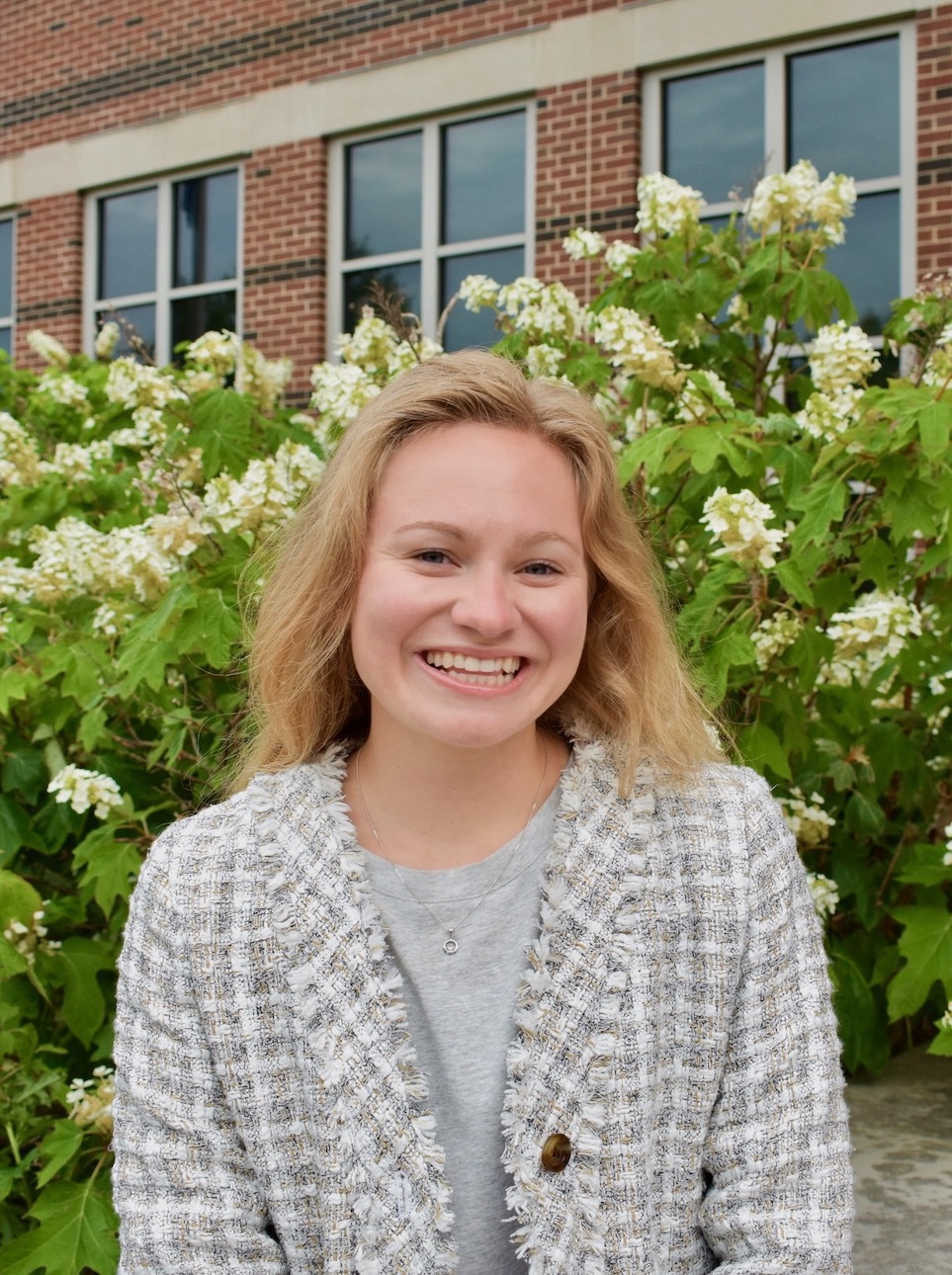
B.A. Elementary Education and Spanish, University of Illinois Urbana-Champaign, 2023
Julia is a first year master’s student in the Education Policy program at Teachers College, Columbia University specializing in K-12 Education Policy. Committed to the belief that education must be grounded in social justice learning and action, Julia has a strong interest in investigating how the education debt, education survival complex, and intersectional factors affecting these things demonstrate broader ways marginalized students are given unequal access to education. Julia believes these inequalities must be confronted and dismantled using a strong research base and multiple perspectives. During her graduate studies at Columbia, she plans to further investigate how schools have participated in the continuation of systemic oppression and how federal, state, and local policy affect the current education debt seen in our nation's public schools.
Originally from Geneseo, Illinois, Julia’s interests in Education Policy stem from her own experiences in a small rural school, as a dual-language elementary pre-service teacher, and as a research assistant and curriculum developer. As a reading interventionist and dual language teacher, she often saw how current school policies prevent the success of many emergent bilingual students and families due to deficit thinking. At the University of Illinois, Julia led the Sustainable World Collaborative for three years. Her research led to inquiries pertaining to how global sustainability policies and goals can address social injustices in our public schools. She analyzed how using a cross-disciplinary approach while integrating topics of sustainability into elementary level curricula can address social injustices by making students doers of science through global, multilingual, and NGSS-aligned science teaching practices. These inquiries have led to additional concerns relating to how current STEM curricula have restricted access to STEM fields for marginalized students and how we can advocate for environmental justice through science education. While leading the project, Julia had the opportunity to present at the National Science Teaching Association (NSTA) national conference and has published a STEM Teaching Tool (Fall 2023). Alongside her teaching and research, Julia is the recipient of high honors in outstanding community service and leadership.
Upon completing her masters, Julia plans to serve as a research analyst, collaborating with members of underserved communities to implement and evaluate local, state, and federal education policies.
Andres Rubiano
Specialization: K-12 Education Policy
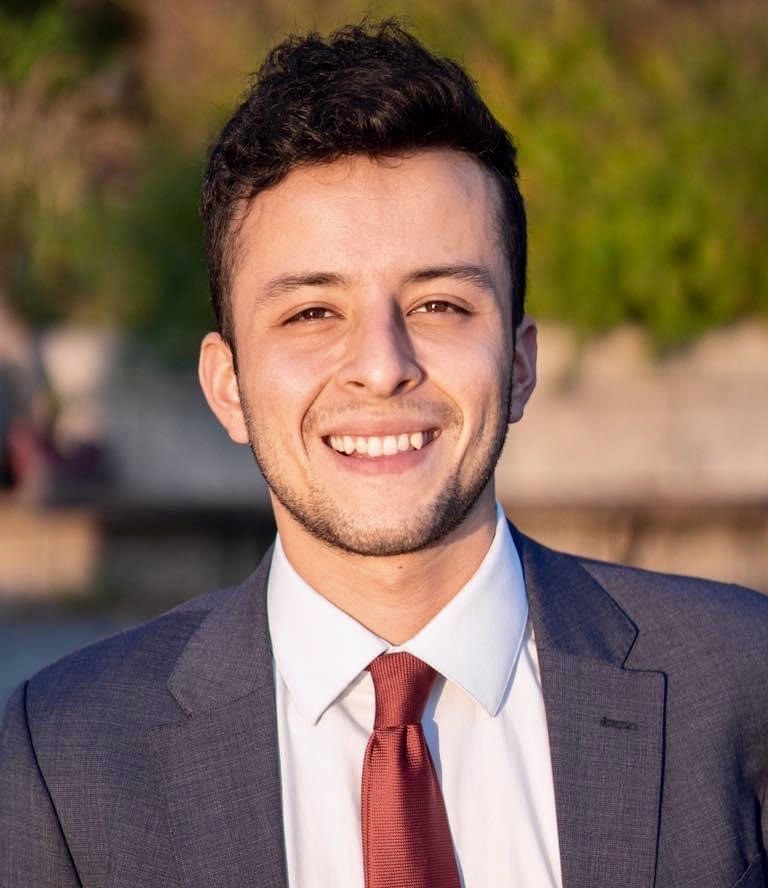
B.A. in Politics, New York University 2019
Andres Rubiano is a second-year M.A. student at Teachers College in the Education Policy Program with a specialization in K-12 Education Policy.
Originally from Bogota, Colombia, Andres’s parents moved to Tampa, Florida when he was a little over two years old in pursuit of better opportunities. The role of public education in Andres’s development paired with the reality of how it had failed too many of his peers compelled him to pursue the work toward educational equity for all. Andres’s undergraduate experience consisted of work with justice-involved youth through Esperanza NY, food insecurity through Hunger Free America, and working toward closing the achievement gap at Jumpstart. Andres spent the first two years out of college at an organization that partners with low-income schools to help narrow the achievement gap. As a Partnerships Manager, Andres crafted and oversaw high-dosage tutoring programming at over 40 partner schools designed to provide individualized support for students. In 2020, Andres led the inaugural partnership with United Community Schools, the largest community school network in New York City operated by the United Federation of Teachers. As a Field Lead Organizer for Congresswoman’s Alexandria Ocasio-Cortez re-election campaign in 2022, Andres oversaw the signature petitioning push to get the Congresswoman and Queens based state representatives back on the ballot. Presently, Andres is a Supervising Associate at EY-Parthenon.
At Teachers College, Andres hopes to build on his passion of enhancing the role of the school building to provide a more comprehensive and quality formative experience for students. In particular, his interests include fiscal equity in education, the role of community schools, and policy implementation. Most importantly, Andres looks forward to continuing to learn from his peers and their diverse, impactful roles in the field of education.
Julia Siegle
Specialization: K-12 Education Policy
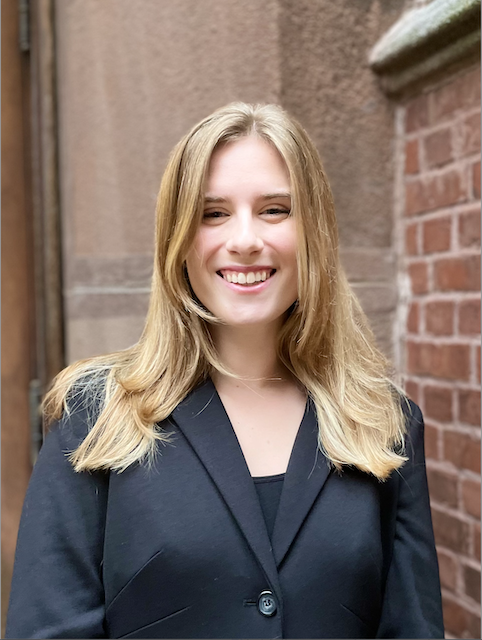
B.A. in Public Policy, University of Michigan Gerald R. Ford School of Public Policy, 2021
Julia is a dedicated advocate for transformative educational opportunities and a passionate believer in the power of education policy to drive positive change. Her journey into the education sector began in 2016 when she joined the Michigan-based Joyce Ivy Foundation, an organization focused on leadership development and college advising for young women from the Midwest. This experience ignited her interest in education policy as a means to promote equitable access to quality education.
Julia graduated with honors from the University of Michigan in 2021, earning a B.A. in Public Policy with a concentration in education policy. During her time at university, Julia was involved in a Spencer Foundation-funded faculty research project on K-12 superintendents' roles in U.S. policy making. She was also a member of the University of Michigan's LSA Curriculum Committee, where she participated in discussions on new courses, majors, and degree requirements. Following her time at university, Julia worked as a Student Services Fellow at Anatolia College in Thessaloniki, Greece, where she helped bolster the school’s innovative extracurricular structure and was heavily involved in school communications and outreach.
At Teachers College, Julia has selected a primary focus on K-12 education, where she is most interested in innovative pedagogical approaches, the integration of culturally-relevant curricula, and the creation of safe and empowering learning environments.
Georgia Swan-Ambrose
Specialization: K-12 Education Policy
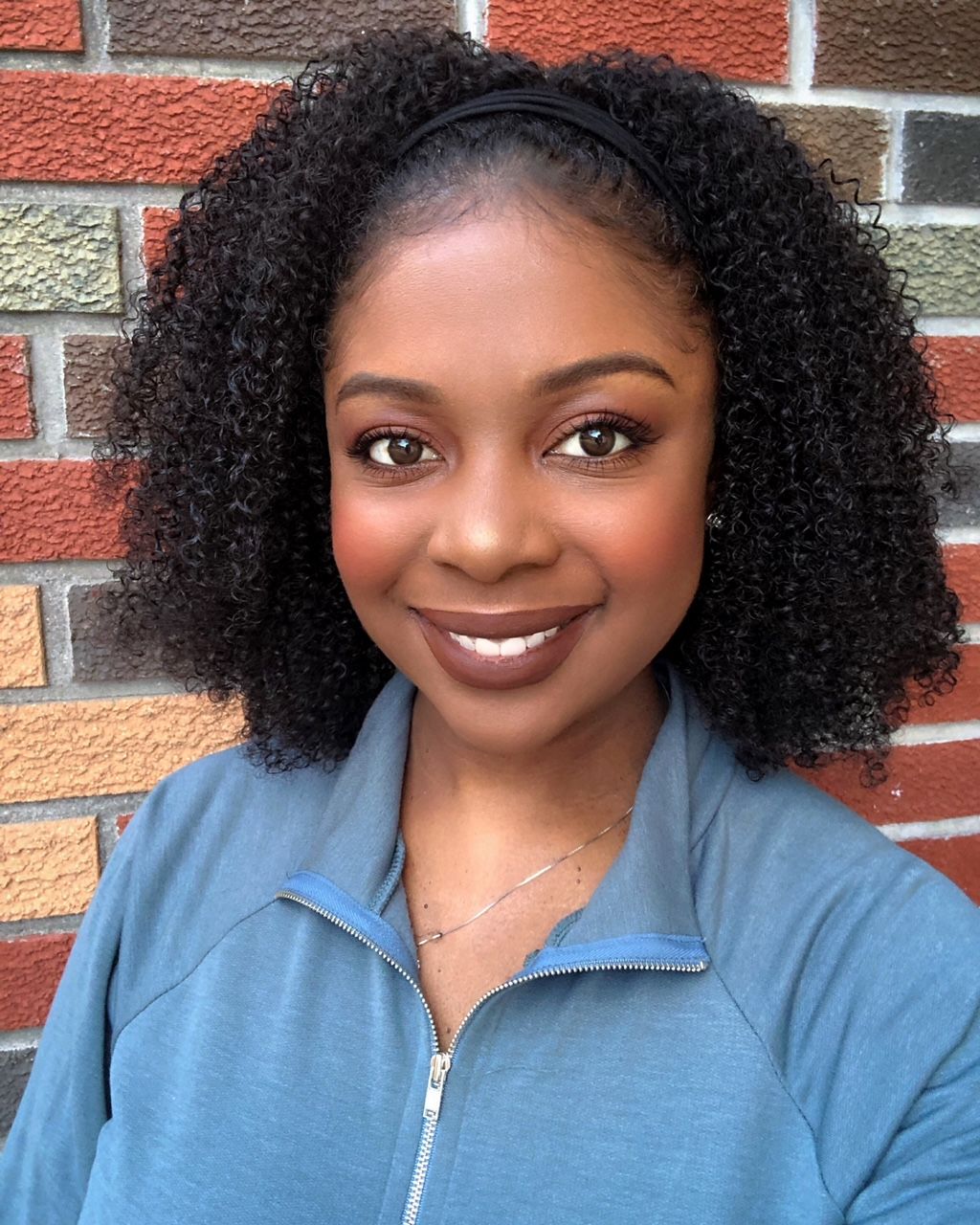
B.A. in Political Science from Union College 2011
M.A. in Leadership in Teaching Special Education from Notre Dame of Maryland University 2013
My name is Georgia Swan-Ambrose. I am a special education teacher, special education coordinator, a child protective services' literacy tutor, and the co-founder of the organization Black Girl Tutors LLC. I am currently pursuing a Master of Education Degree in Education Policy at Columbia University's Teachers College with a specialization in K-12 education policy. I am dually certified in New York and Maryland for Teaching Students with Disabilities at the Childhood Level, Grade 1-6. I have spent the past ten years working in low-income schools in both Maryland and New York. I am passionate about being an instrument of positive change in my community. I believe that educating our youth is at the foundation of building that community. For the past decade, I have had the opportunity to impact hundreds of students. Even with the challenges presented by COVID-19 and remote demands in place, I have continued to teach my special needs students in Brownville and have tutored children in Brooklyn's foster care system. Through Black Girl Tutors LLC, I have also worked with students nationwide. Upon completing my master's degree, I plan to create an educational non-profit organization focused on bringing culturally responsive and equitable programs to urban public and charter schools. I also desire to develop and execute programs in schools while promoting public policy issues of importance to marginalized students. This meaningful work is a part of my purpose.
Dharma Wong
Specialization: TBD
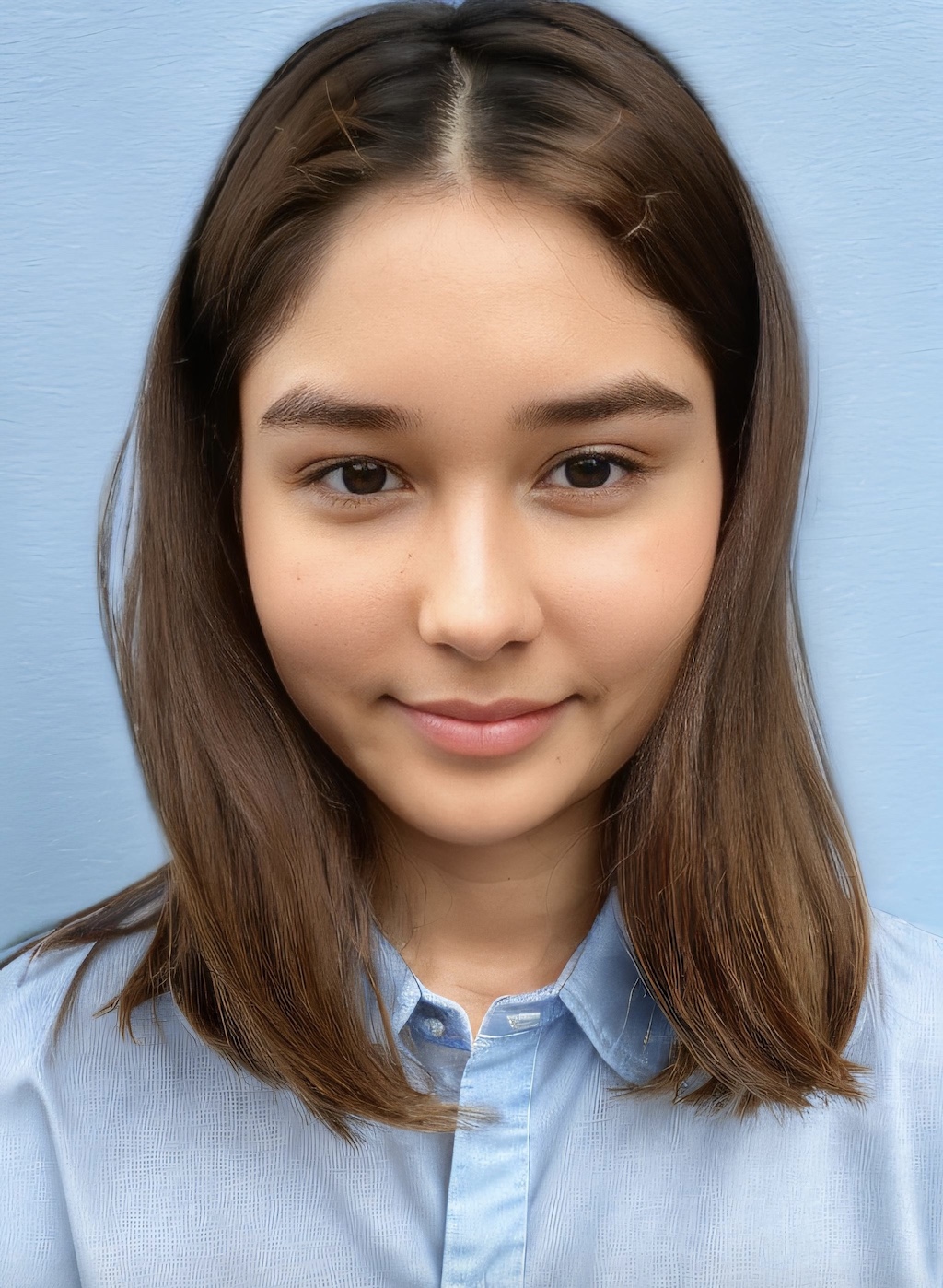
B.A in Political Science, University of Miami, 2023.
Dharma is a first-year master’s student in the Education Policy program at Teachers College specializing in Data Analysis.
Dharma, who was born in Ecuador, held the US education system in high regard. After graduating high school, she served in her first AmeriCorps program with City Year Miami. During her service, she accrued 1,700 hours in 6-8th grade ELA through ESOL classrooms, where she focused on direct intervention and social-emotional learning. It was there that she realized our educational ideals do not align with our educational reality, which puts millions of students at a disadvantage.
The pandemic started during her second year of undergrad, and Dharma knew it would significantly widen the education gap. Therefore, she served her second AmeriCorps program with Breakthrough Miami, completing 1,200 hours assisting the Director of Breakthrough U in building the program's curriculum, with a focus on college success. During her last two years of undergrad, Dharma worked as a research assistant for the Social Emotional Readiness Lab. There, she tested the efficacy of the Teaching Pyramid model and its effectiveness in under-resourced schools, measuring kindergarten readiness and the ability to cater to students who display challenging behaviors. Additionally, she assisted in the creation of the first culturally inclusive library in the Linda Ray Intervention Center, an organization for drug prenatal exposure students, and volunteered as a student to assist teachers in the classroom.
Currently, Dharma works as a graduate student intern at Global Cities Inc.-Bloomberg Philanthropies, supporting the implementation of Global Scholars. After completing her masters, Dharma plans to pursue research on the effects of having end-of-course exams in the native language of immigrant students, aiming to explore how this factor influences their academic outcomes and grades in school. She is motivated to understand the potential impact and advocate for educational policies that support linguistic diversity in the classroom.